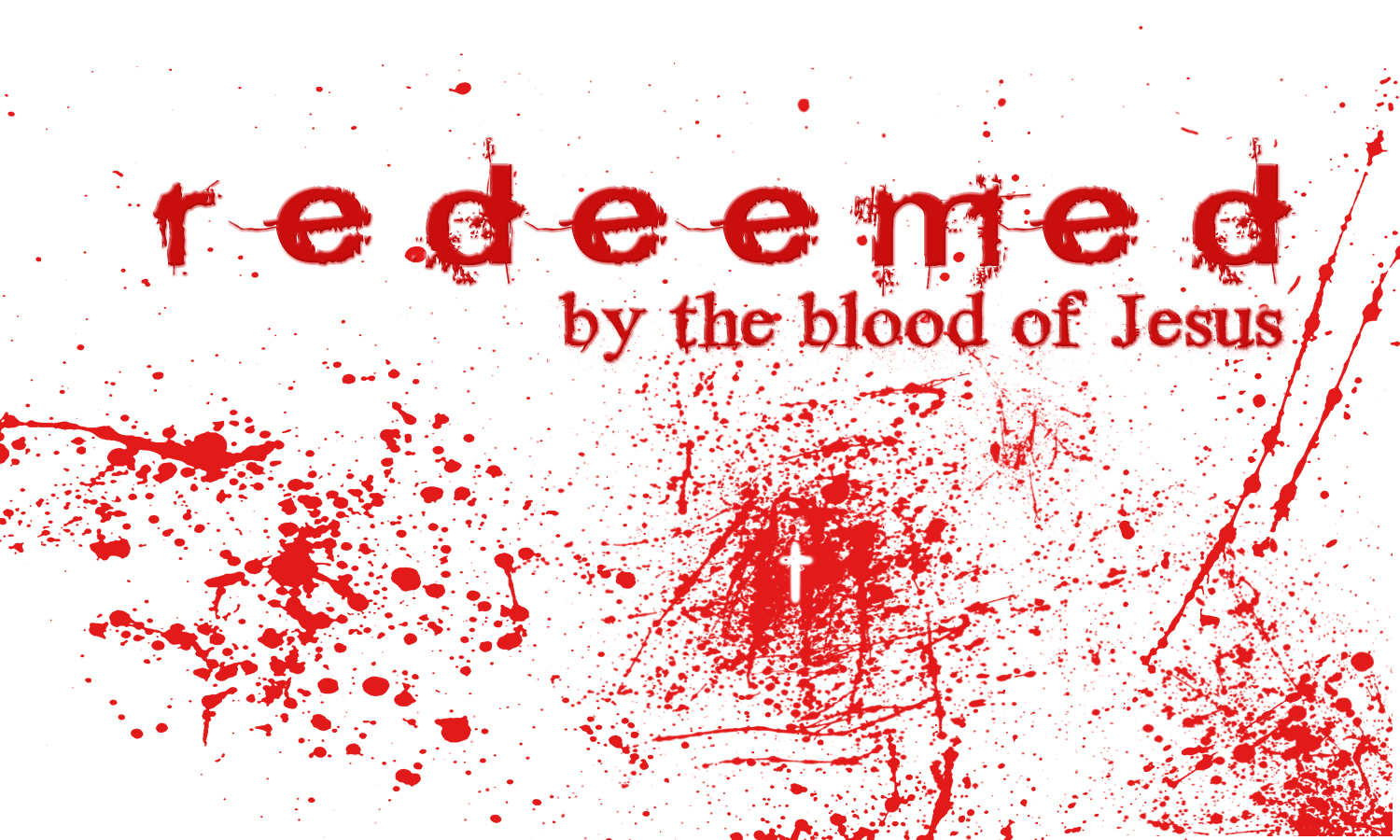The following article comes from our newest series, The World's Half-Truth's for Teens. Scott Douglass' article combats the message, "If I Am Better, I Will Be Loved."
“I wish I was better looking”
“I wish I was smarter”
“If only I could do…”
“If only I hadn’t done…”
“Why couldn’t I be…?”
“I guess I’m not good enough/smart
enough”
“I need to get my life right
before I can…”
One of the hardest parts of
student ministry is to hear the despair in students. They are broken over
things like past sins, current struggles, regrets, but most of all they are
broken and distraught over the performance mentality that so dominates their
life. It consumes them, because the smartest get the scholarships, the best
athletes get the attention, the most active get the class superlative, and
everywhere they look there’s someone prettier, someone stronger, someone
faster, someone who’s more serious about their faith, someone who can do or know
something they cannot. And in the performance culture, this quickly escalates
to hopelessness.
Spiritually though, this can be
more than disappointing, it can be devastating. When students buy into the myth
that their performance leads to their acceptance or value before God, the
result is a constant pursuit of “do better, try harder, be gooder.” Because
performance is so tied to value, the system that dictates class rank, playing
time, and community attention is carried over to their faith. Rather than seeing
themselves rooted and grounded in the work of Christ, students substitute that
for a Deceiver who whispers to them “you’re not good enough to be a Christian,
you need to do better to be accepted by God, you know if you don’t do
everything the way you’re supposed to then you’re nothing but a fraud.”
I love the book of Ephesians. I
spent a semester teaching through it, and would love to dedicate longer to it
in the future. I continually come back to Ephesians 1 as a tremendously
valuable passage of Scripture in helping students see who they are in Christ.
At the core of this myth is an identity problem. Students who buy into the
performance mentality believe that their identity is connected to what they do
(or, what they don’t do). As we walk through what Ephesians 1, in particular v.
3-14, says to us, let’s remember first and foremost that our identity, our
value, and our acceptance is based on Christ and our being found in Him.
Blessed be the God and Father of our Lord
Jesus Christ, who has blessed us in Christ with every spiritual blessing in the
heavenly places, even as he chose us in him before the foundation of the world,
that we should be holy and blameless before him. In love he predestined us for
adoption as sons through Jesus Christ, according to the purpose of his will, to
the praise of his glorious grace, with which he has blessed us in the Beloved.
In him we have redemption through his blood, the forgiveness of our trespasses,
according to the riches of his grace, which he lavished upon us, in all wisdom
and insight making known to us the mystery of his will, according to his
purpose, which he set forth in Christ as a plan for the fullness of time, to
unite all things in him, things in heaven and things on earth.
In
him we have obtained an inheritance, having been predestined according to the
purpose of him who works all things according to the counsel of his will, so
that we who were the first to hope in Christ might be to the praise of his
glory. In him you also, when you heard the word of truth, the gospel of your
salvation, and believed in him, were sealed with the promised Holy Spirit, who
is the guarantee of our inheritance until we acquire possession of it, to the
praise of his glory.
Chosen
(v. 3) - God has chosen to have a
relationship with you, yes you. The
God of the universe, in grace and love, wanted to have a relationship with you
and pursued you with the love of Christ. You are valuable to God in Christ. You
don’t have to be a blue chip recruit or an All-American to be ‘drafted’ by God.
He chooses you to be a friend and does so in His kindness through Christ. In
verse 11 Paul uses the term “predestined” to describe us. Basically, that means
that God, in wisdom and love, has decided to pursue you and draw you to Himself
for His glory and for the blessing of others.
Holy
& Blameless (v. 4) - In Christ,
we’re no longer seen in our stains, guilt, and shame. Instead, God sees us as
He does Jesus - in all His righteousness. You are made right with God. Romans
8:1 declares that there is now no condemnation for those in Christ. You are not
the mistakes you’ve made, nor the things you’re able to do or not able to, you
are in Christ and therefore you are holy.
 Adopted
(v. 5) - Don’t ever fail to be amazed
by this. God not only calls us friends in Christ, not only does He forgive us
and give us a new hope, but He adopts
us. You, as a Christian, have God as your Father. He has brought you near to
Him. No matter if you had a great family or if your family belongs on Jerry
Springer, in Christ you are given a whole new identity and you have the God of
the Universe as your Father. You are loved and valued and accepted by God
because He has decided to adopt you and make you His child.
Adopted
(v. 5) - Don’t ever fail to be amazed
by this. God not only calls us friends in Christ, not only does He forgive us
and give us a new hope, but He adopts
us. You, as a Christian, have God as your Father. He has brought you near to
Him. No matter if you had a great family or if your family belongs on Jerry
Springer, in Christ you are given a whole new identity and you have the God of
the Universe as your Father. You are loved and valued and accepted by God
because He has decided to adopt you and make you His child.
Blessed
(v. 6) - We find our blessing in the
Beloved (aka Jesus), in whom we have everything we need. Regardless of whether
you grew up rich or poor, in a single-parent home or stable family, if you have
new shoes or have to buy from consignment, if you go to a great school or to
one that rewards you for not getting arrested/pregnant, you have everything you
need in Jesus. When our needs/wants are shifted from what we think we must have
to what God does, it changes our perspective. Psalm 37:4 says this “Delight
yourself in the LORD, and he will give you the desires of your heart.” When our
primary place of delight, joy, and satisfaction is in God, everything else
falls into place.
(Thursday's post will continue helping us understand the lies we believe with The World's Half-Truths For Teens: If I Am Better I Will Be Loved Pt.2)
Scott
Douglas serves as the Minister to Youth at Westside Baptist Church in
Murray, KY. Scott has a Masters in Divinity and is presently pursuing a
Doctorate degree from the Southern Baptist Theological Seminary in
Louisville, KY.














